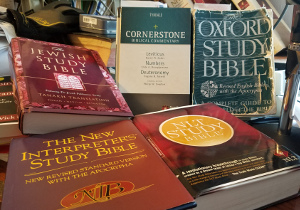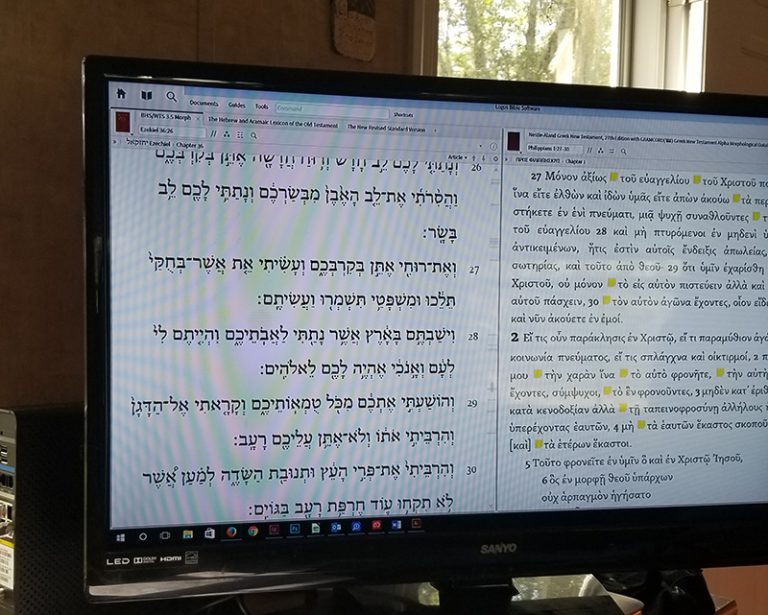Agendas, Conversation, and Bible Reading
It’s not really a new thing, but in a number of conversations recently, both in person and online, I’ve been noticing agendas. Someone will make a comment or say something in a conversation that really doesn’t seem to make sense in context, but then if you consider a different context, you’ll suddenly see that the comment makes its own kind of sense.
I know I can do this. If there’s something on my mind that I feel is important, I will tend to tie it into a conversation whether it really fits or not. Other people in the conversation may wonder what’s going on. In real conversations, often the subject just wanders.
This is a natural process. If you’re trying to discuss something in particular, it can be disconcerting. I find it hard to lead in a meeting because my tendency is to try to figure out what the side comment is about and follow it right off the map! I have often asked my wife to lead meetings because she is good at bringing things back to the planned subject, thus letting us complete our agenda.
I often comment that God comes to us in Scripture for conversation while we tend to be looking for information. Now there’s nothing wrong with looking for information. There certainly is information in the Bible. But one can come out of the study of Scripture with a great deal of information and no transformation.
In particular, we tend to come to a book looking for information we believe we need. We come with an agenda. How shall I conduct my life? How should I do business? Is it permissible to do certain things?
Or there’s the more negative agenda of finding things I can use to condemn my neighbor. Where is the text that tells me that so-and-so is wrong?
When we come to Scripture in this way, we are likely to be led astray. Just like we edge conversations with other people right off the edge of the map due to our primary agenda, we can get a message from Scripture that is much more formed by our agenda than by the actual message and story presented in the Scripture passage(s) we consult.
An interesting example of this is the many centuries long search for a precise roadmap to the end of time or the end times. Date setters have repeatedly “found” dates in Scripture. How do they do that? They come to the Word with their own determination of what the Word must tell them. As a result, we have repeated examples of failed predictions, and still we have people looking for more.
For a Christian, the study of Scripture should be an encounter with God. That means coming ready to listen and coming ready to have your agenda adjusted. That will result in conversation and potentially transformation through the Spirit and God’s creative and powerful Word.

